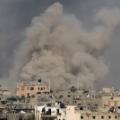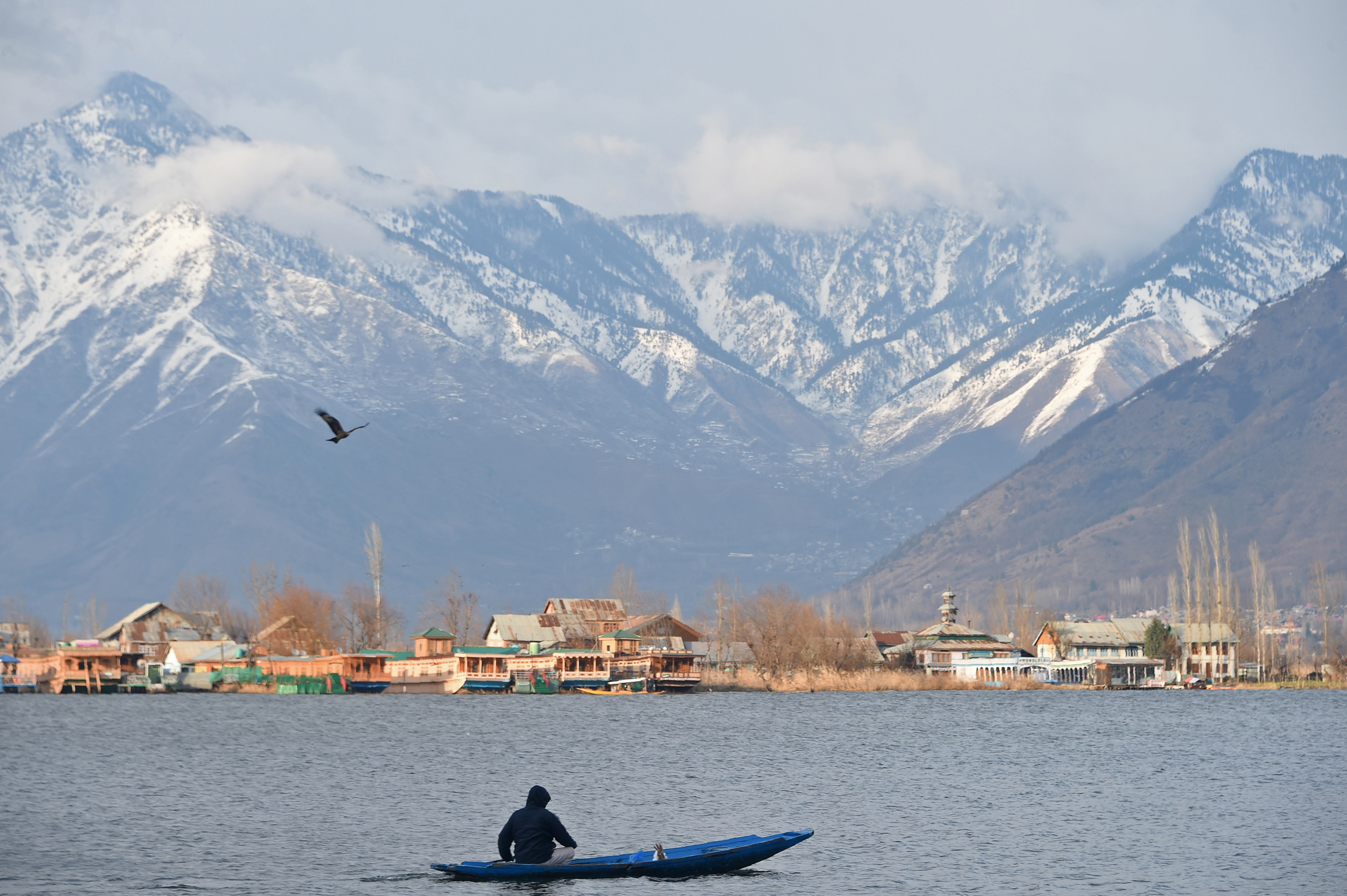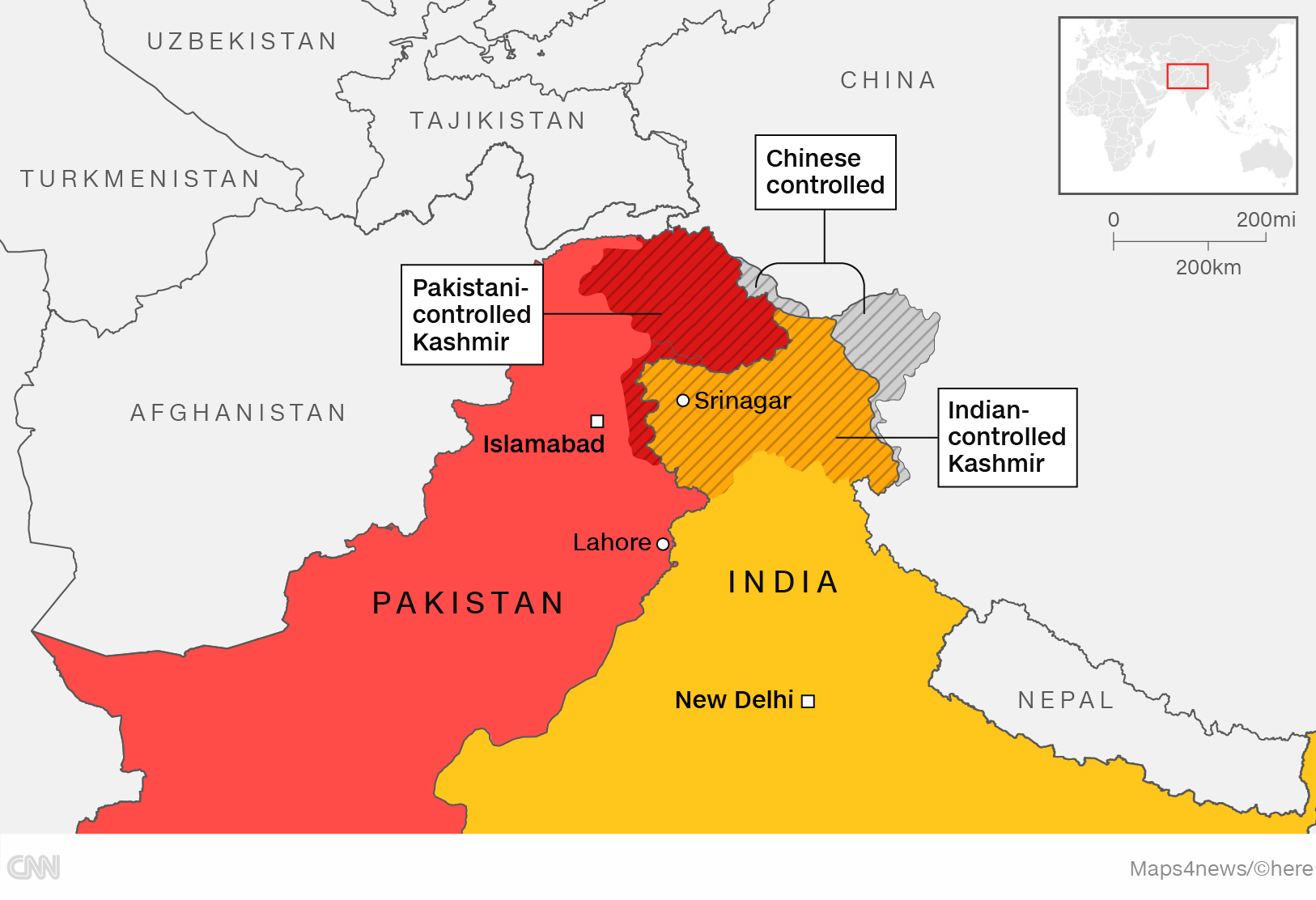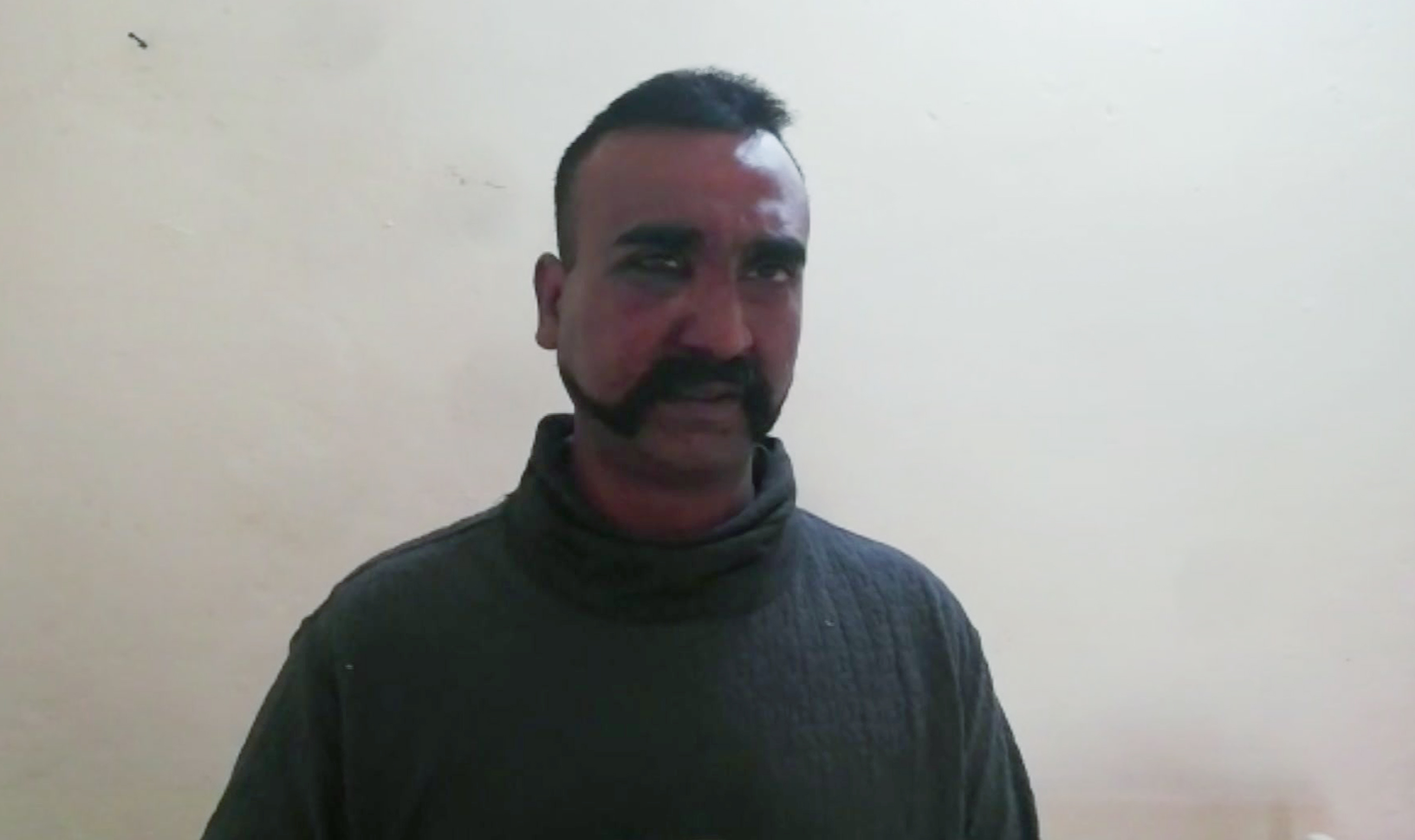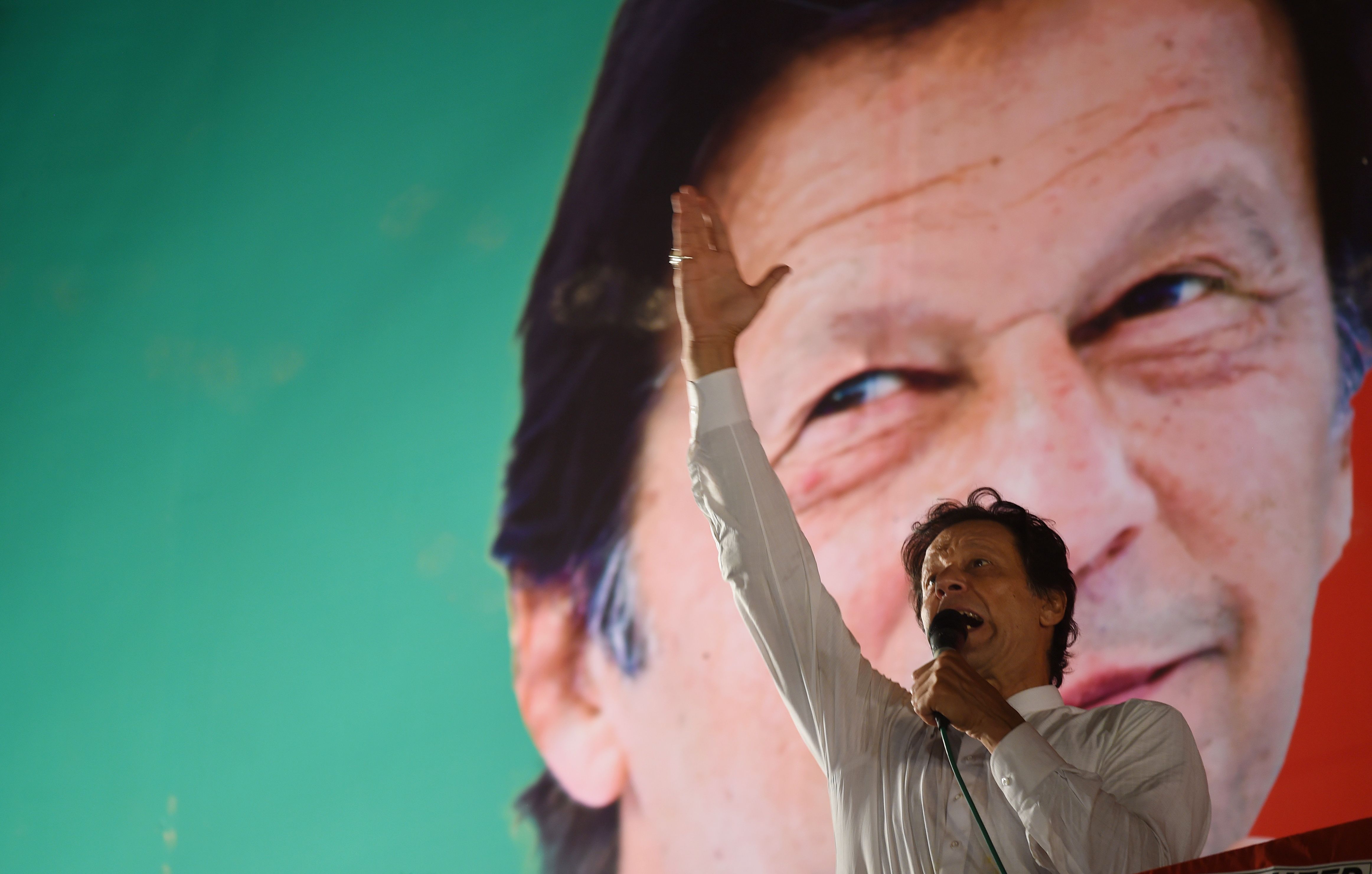India has accused Pakistan of "unprovoked cease-fire violations" and "factually incorrect statements" on the confrontation between the two powers, military officials said Thursday.
In a joint press conference, the Indian Air Force, Army and Navy claimed Pakistan had used F-16 fighter jets to target military compounds. Pakistan had earlier said "India has been trying to establish what they call 'a new normal,' a thinly veiled term for doing acts of aggression at whatever pretext they wish on a given day."
"Pakistan claimed that they intentionally dropped weapons in open space where there was no human presence or military posts," Air Vice Marshal of the Indian Air Force, RJK Kapoor said. "The fact is that the Pakistan Air Force aircraft targeted military installations."
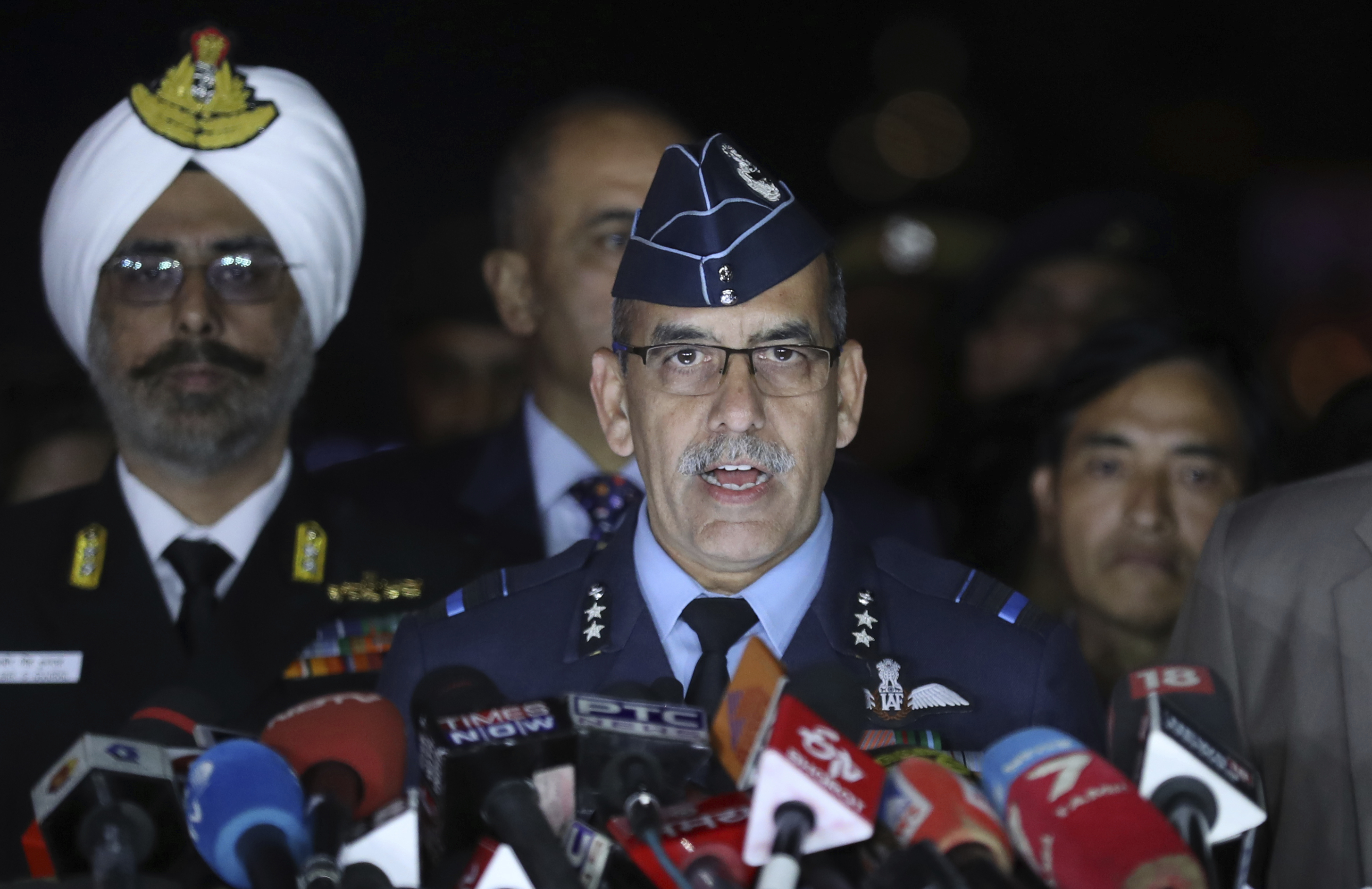
Kapoor also acknowledged Pakistan's decision to release on Friday the Indian pilot, who has been in Pakistani custody since his plane was shot down during a dogfight on Wednesday.
"The Indian Air Force is happy and looks forward to the return of Wing Commander Abhinandan," he said.
Despite the positive development that could defuse tensions, Rear Admiral Dalbir Singh Gujral of the Indian Navy said that the military remains "deployed in a high state of readiness and remains poised in all three dimensions. On surface, under sea and in air."
